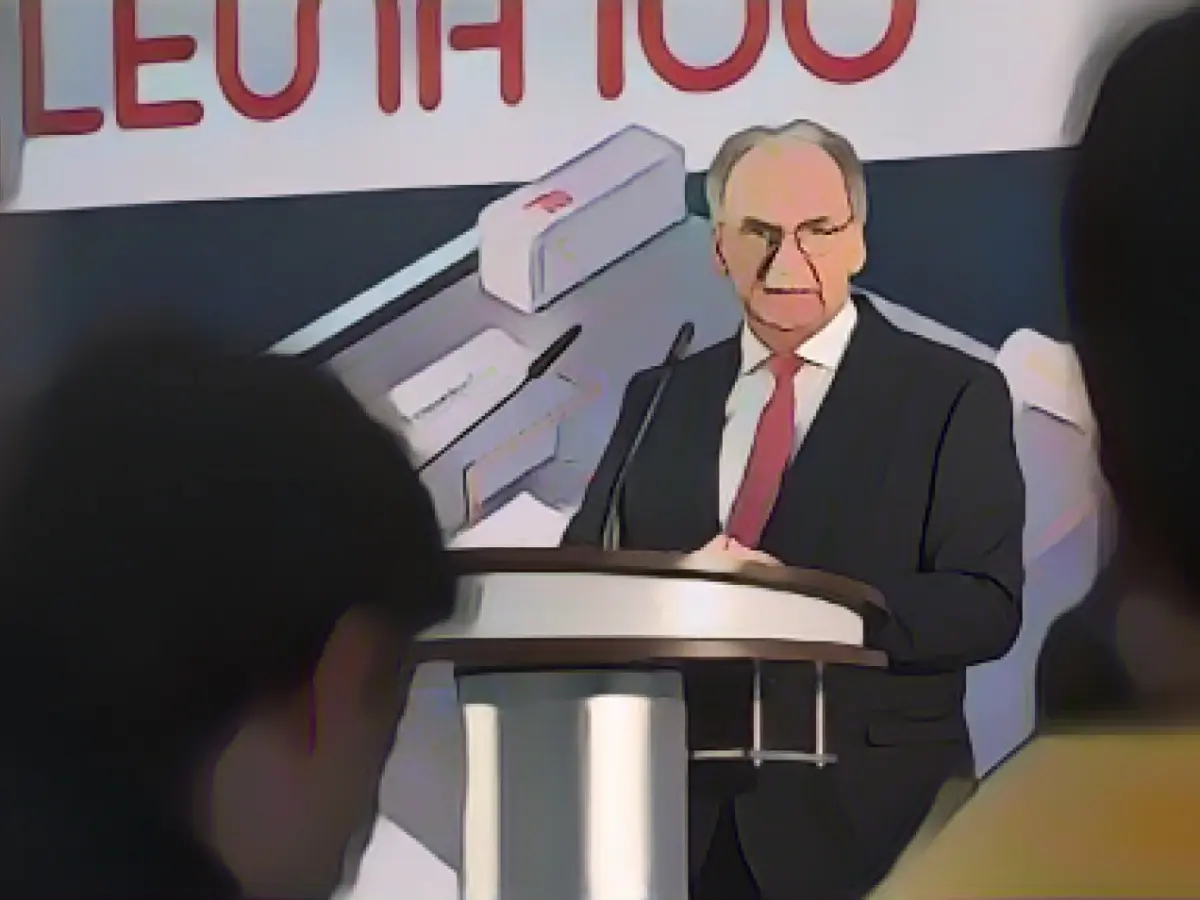Stepping up to face federal-state finance minister talks next week, North Rhine-Westphalia's Minister President Wüst put forward a call for transparency from the federal administration about their budget creation. He expressed concern over an honest evaluation of available federal funds in the upcoming year, which is essential for fulfilling promises. Worries among mid-sized businesses, following the Karlsruhe budget ruling, surround the government's commitment to funding allocations.
As for the debt brake, Wüst voiced caution concerning a quick debate regarding the topic. Both CDU/CSU stand in agreement with this stance. Wüst confirmed his strong conviction in the debt brake, deeming it a protective measure for future generations against present influencers' overreach. The CDU political leaders in Berlin, Saxony-Anhalt, and Saxony have been open to reforming the debt brake recently.
However, a constitutional amendment is necessary to enact debt brake reforms, which requires a two-thirds majority in both the Bundestag and Bundesrat. In response to a potential reform discussion, government spokesperson Hebestreit refuted the notion it was currently being considered.
Raising budget questions, Wüst asserted that no one wants to impact aid for underprivileged children. Nevertheless, examination of the necessity of a 3,000-5,000 employee authority for the basic child protection scheme is needed. Concerns surrounding the basic child protection scheme revolve around the potential benefits of establishing a family service to educate families on entitlements and simplify benefit calculations. Wüst also named citizens' income as an additional area in need of incentives for workers.
Following the Karlsruhe budget ruling, the federal government requires clear budget guidance to alleviate trepidations among medium-sized companies worried about promised funding allocation. With the budget ruling resulting in a substantial gap, states like Schleswig-Holstein are experiencing financial repercussions, highlighting the importance of a unified and consistent economic policy at the federal level.
While the current government's strategy for addressing budget instability and alleviating concerns for industrial companies is not explicitly outlined, several conclusions can be drawn:
- Budget Struggles and Debt Brake: Germany faces a budget hole of €25 billion ($26 billion) in 2025 and may require amendments to Article 115 of the Basic Law, the debt brake, to accommodate higher borrowing levels.
- Political Instability: The breakdown of the previous coalition and diverse perspectives regarding budget and debt policies among potential future coalition members create challenges to drafting a new government budget.
- State Financing and Fees: The Karlsruhe budget ruling allows states to collect fees for specific public services, which could impact state budgets and financing decisions.
- Economic Outlook: The German economy's sluggish forecasted growth of 0.3% in 2025 and 1.1% in 2026 complicates efforts to generate increased tax revenues and mitigate budget deficits.
Tackling these issues, the federal government will need to devise a fresh approach to budget uncertainty and supportive measures to appease mid-sized businesses. However, specific plans or strategies for addressing these concerns have yet to be revealed.








